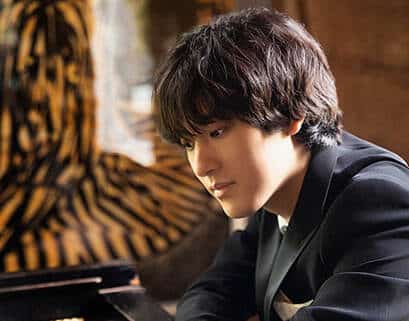Dead City dies again
mainHaving waited a lifetime for Korngold’s Dead City to come around, I need never see it again.
No discredit to the Covent Garden production – a rehire from Salzburg, Vienna and San Francisco – nor to the London cast. Stephen Gould and Nadia Michael gave their all in the central roles and Ingo Metzmacher conducted with delicacy and conviction.
Seeing the work on stage, however, rather than hearing it on record and radio, I was forcibly struck by its irredeemable flaws – a libretto of plodding banality and a plot that arouses neither sympathy nor empathy with any of the characters.
The story: man loses wife, locks himself in a room, fantasises about a dancer, tries to throttle her, leaves the room. There is not enough there for an opera, and the leaden lines that were cobbled together by the composer and his father are either lumpen or artificial, putting the whole show at several removes from reality. There is no depth, no philosophy, no meaning. Were it not for the composer’s Jewishness, the Nazis would never have banned it.
Korngold’s music is demonstrably derivative – Puccini, Strauss, Mahler and a straight lift from Lehar that I’d never spotted before – and the return of its one great aria at the close is a cynical bid to simulate feeling for a cut-out who never becomes a character.
I’m glad to have seen Dead City and I urge everyone to catch it while you can because it is, as I have argued elsewhere, a birth moment for modern opera. But I’m not expecting it to hang around in repertoire for very long. The piece has too many flaws. It did its job. It’s over.





Whenever a critic complains about the libretto or plot of an opera, there is only one possible response:
Il Trovatore!
Die todt stadt is not the greatest opera ever written, but it is dramatic and has music that speaks to anyone who takes the time to listen to it.
Lush orchestrains on the CD that I own but the opera’s storyline is thin and, as the review says, none of the three main characters are likeable enough to maintain interest in what is basically a shallow and tedious story.
Must be a very difficult opera to cast since the tenor and soprano roles are extremely demanding of range and power. Much prefer the memorable film music Korngold went on to produce when he fled his homeland in the ’30s.